8 Burger Binder Alternatives for Better Patties
Burgers can hold together without eggs; various binders like breadcrumbs, oatmeal, or rice can create a flavorful patty for all preferences.
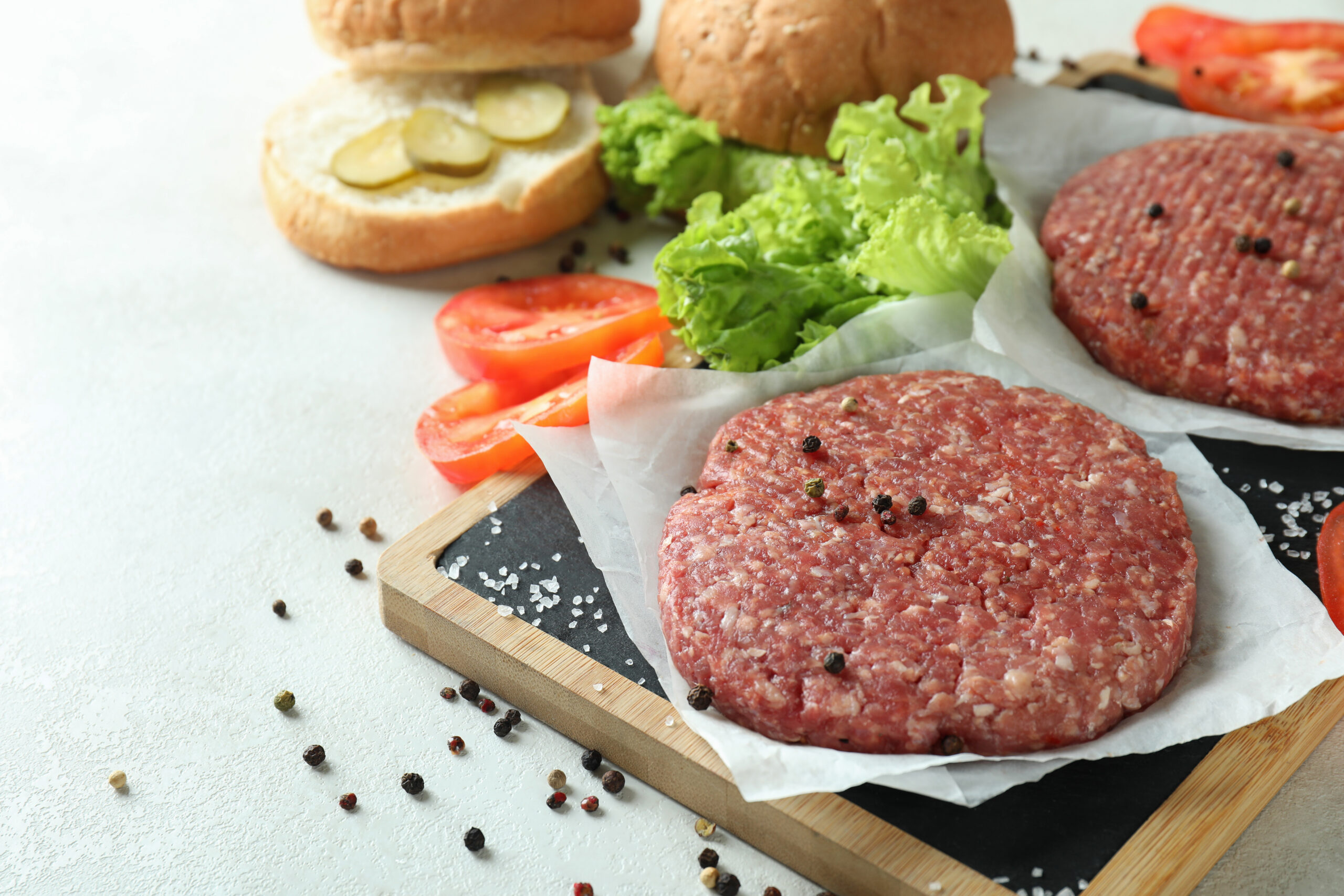
Burgers are a beloved dish worldwide, but there’s a common question about their preparation: do they need eggs to bind the ingredients together? In this article, we explore the truths behind burger binders and whether the humble egg is essential or if there are other ways to create the perfect patty.
Disclosure: As an Amazon Associate, this site earns from qualifying purchases. Thank you!
1. Understanding Burger Binders
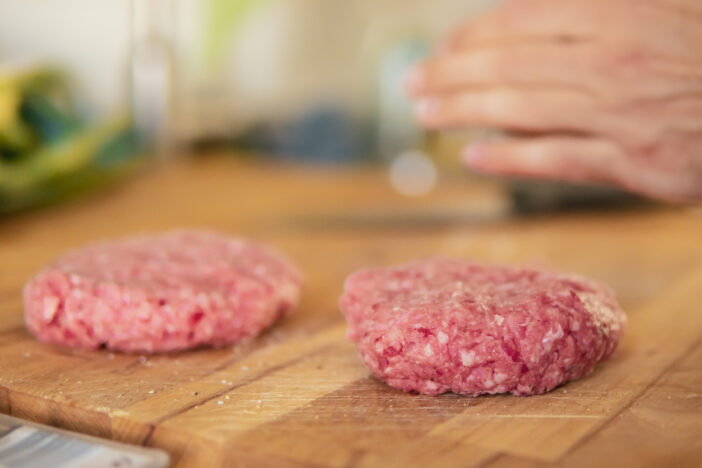
Burger binders are ingredients that help in holding the burger patty together, preventing it from crumbling during cooking. The binders work by providing a sticky texture that adheres to the meat and other components, creating a cohesive mass that can withstand the rigors of grilling or frying. Without a binder, patties may fall apart, leading to a less enjoyable burger experience.
2. The Role of Eggs in Burgers
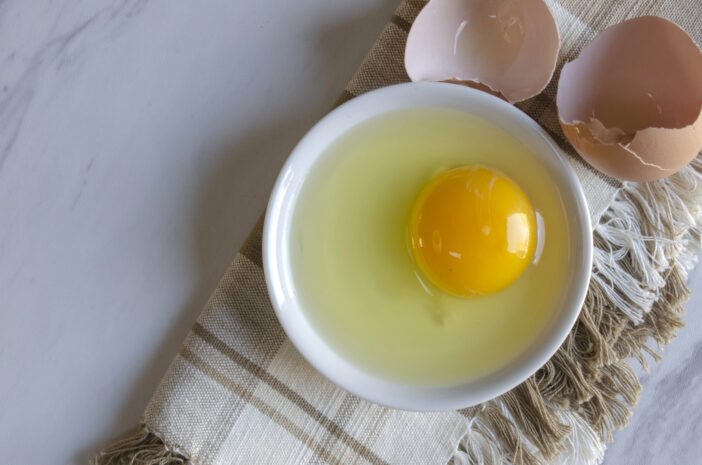
Eggs have long been used as a popular binder in burger patties due to their excellent binding properties. When beaten, eggs create a protein network that can trap moisture and fat, giving the burger structure and making it easier to handle. They also contribute to the overall flavor and richness of the patty.
3. Can Burgers Hold Without Egg?
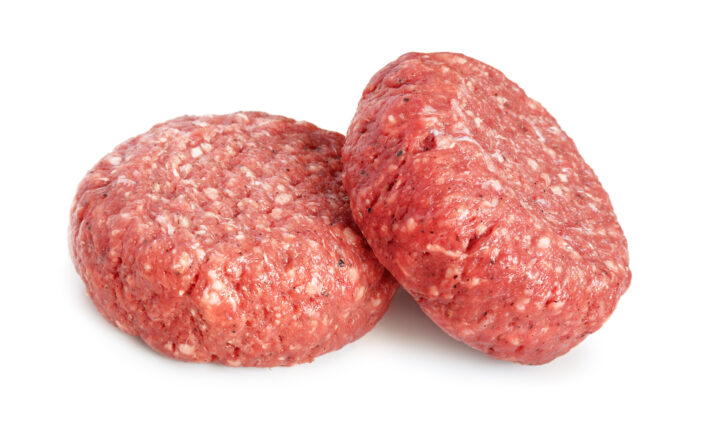
The answer is yes, burgers can hold together without the use of eggs. Many factors contribute to the cohesiveness of a burger patty, including the fat content of the meat, how finely the meat is ground, and the cooking method. With the right balance of these elements, a burger can maintain its shape without the need for eggs.
4. Exploring Alternative Binders
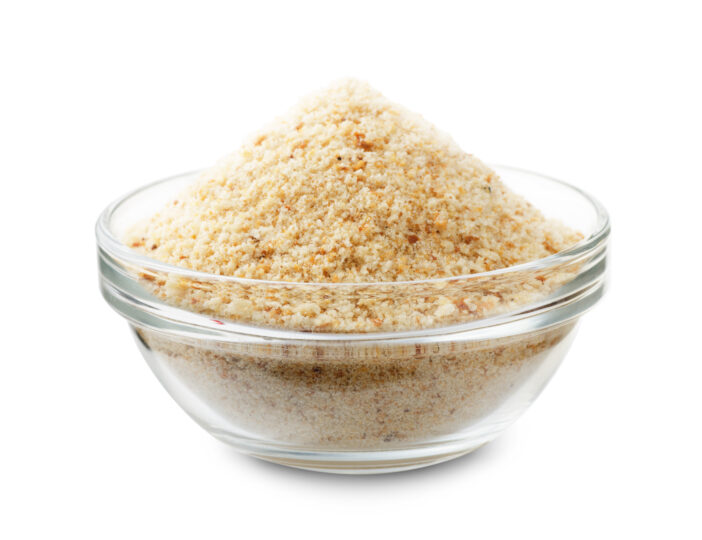
For those looking to avoid eggs, whether due to dietary restrictions or personal preference, there are several alternative binders available. Ingredients such as breadcrumbs, oatmeal, or cooked rice can provide the necessary binding effect. These alternatives can also add unique flavors and textures to the burger.
5. The Impact of Eggs on Texture
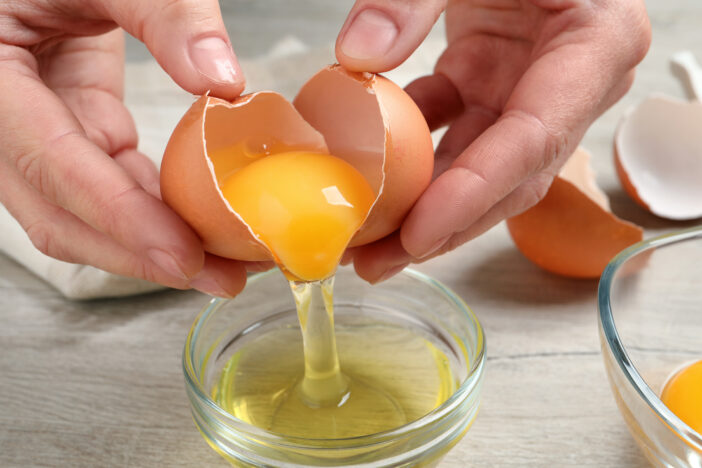
Eggs not only help in binding the ingredients but also influence the texture of the finished burger. The moisture and fat from the egg yolk can result in a juicier and more tender patty. However, too much egg can make the burger overly dense or spongy, so it’s important to use them in moderation.
6. Health Aspects of Egg in Burgers
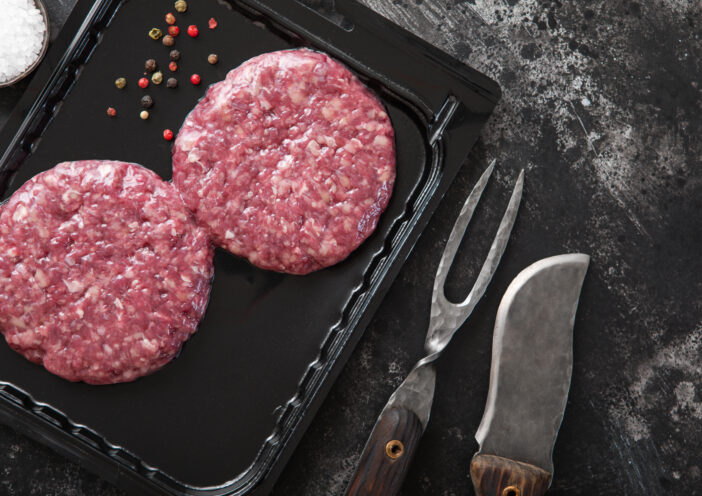
Incorporating eggs into burger patties does have health implications. Eggs are a source of high-quality protein and essential nutrients, but they also contain cholesterol and saturated fat. For individuals watching their cholesterol intake, using eggs as a binder may require consideration and moderation.
7. Vegan Options for Burger Binding
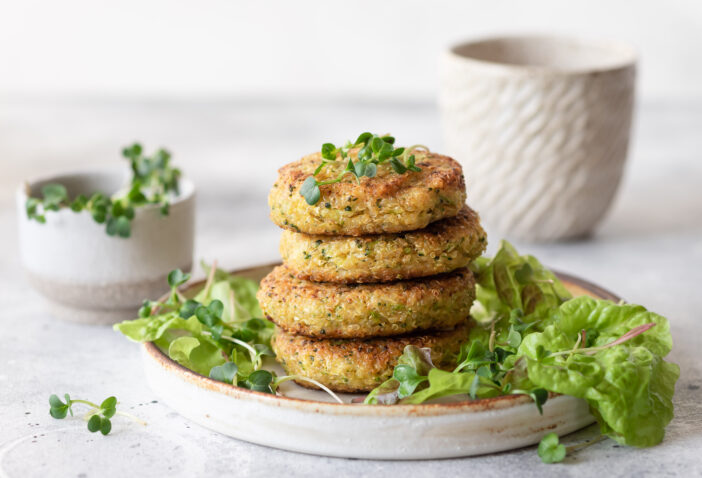
For vegans or those avoiding animal products, several plant-based binders can effectively hold a burger together. Mashed beans, lentils, or chickpeas can work well, as can flaxseed or chia seeds when mixed with water to create a gel-like consistency. These options also boost the nutritional profile of the burger with additional fiber and protein.
8. Experimenting with Egg Substitutes
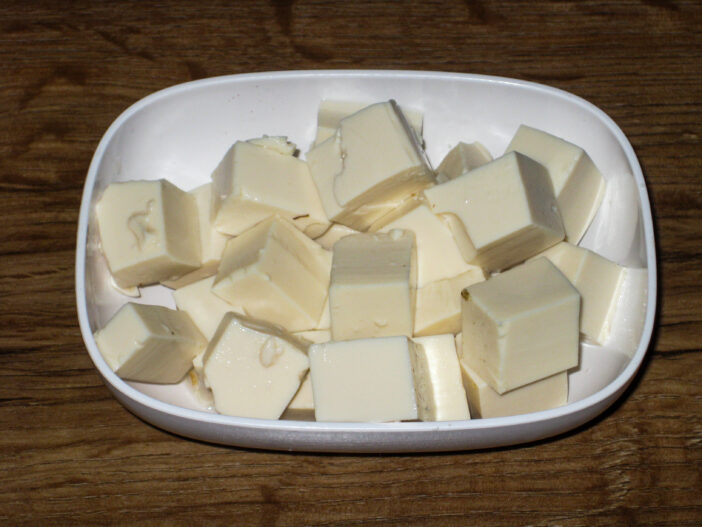
Experimenting with egg substitutes can be an exciting culinary adventure. Commercial egg replacers, silken tofu, and even puréed fruits like bananas or applesauce have been used successfully in burger patties. Each substitute will impart different qualities to the burger, so it’s worth trying a few to find the best match for your recipe.
Tips for a Perfectly Bound Patty
Achieving a perfectly bound patty without eggs is all about balance and technique. Ensure your meat is not too lean, as a certain amount of fat helps with binding. Additionally, avoid overworking the meat mixture, as this can result in a tough patty. For non-meat alternatives, be sure to mash or process your binding ingredients well to ensure they can do their job effectively.
The Verdict: Egg or No Egg?
Ultimately, whether or not to use eggs in burgers comes down to personal preference and dietary needs. Eggs can provide a reliable binding effect and contribute to the burger’s texture and taste, but they are not the only option. With a variety of substitutes available, both omnivores and those following plant-based diets can enjoy a well-bound, delicious burger.
In conclusion, while eggs serve as a traditional binder for burgers, they are not indispensable for creating a cohesive patty. With the variety of alternatives available, it’s possible to make a perfectly bound burger that caters to any dietary requirement or preference.






